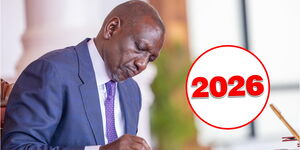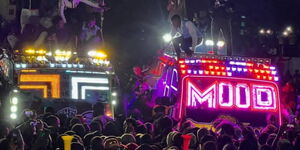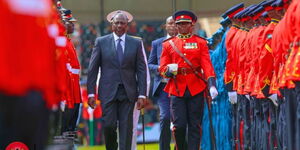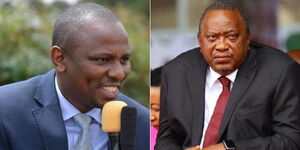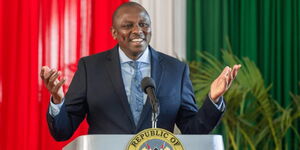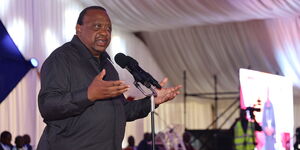Employers have adopted new recruitment techniques when selecting the best candidates to fill different vacancies in their organisations.
Picture yourself brushing your shoes in town, clutching on your brown envelope with a hard copy curriculum vitae - which starts with your name, lists your national, gender, and even at times, religion.
You adjust your tie or dress and breathe in and out while sitting at a lounge, admiring your soon-to-be workplace before a secretary ushers you into a boardroom.
Human resource experts say gone are the days when these traditional interviews were preferred. Employers use apps and data to assess your soft skills, from teamwork, thought-process and flexibility to predict your productivity. Though limited, it only takes a few insights to picture your skills and character.
Speaking to Kenyans.co.ke, recruitment officer and Human Resource Manager Edwin Mwaura highlighted that bosses are not just looking at your CV when you apply for a job. He noted that CV submission is, in fact, a small part of the whole process, as some employers scout and even head-hunt prospective employees before the application process commence.
Mwaura noted that your social media platforms usually offer employers the first opportunity to understand your thought process and character.
He explained that recruiters especially analyse the content a candidate has been posting online to identify personality and interests.
Additionally, he stated that social media was a crucial tool, as seen by the number of candidates recalled before the interviews began.
“We want to see what the person has been thinking and what they have been tweeting because we don't want to bring someone who has pushed a negative campaign against the company.
“Some people have been kicked out of selection lists purely because what they tweeted does not align with the organisation,” he explained.
He cautioned that one would not know who their future employer would be, so it was imperative to ensure that their social media footprint was clean.
“When posting content online, you cannot know what organisation you will be employed to, so you have to be responsible and ensure that you do not post negative content about anyone,” Mwaura added.
Additionally, Mwaura stated that recruiters also used LinkedIn Premium to look at a person's professional interests, publications, activities, and those who engaged with the content.
Employers use LinkedIn Premium to access a wider talent pool and build a pipeline to manage candidates through search alerts and InMail templates. They can also automatically save the prospecting leads and accounts for tracking. This offers them an impetus to scout for direct replacements at workplaces.
“It is a great way to know you before we even meet you during the interview,” he added, emphasising the need to ensure your LinkedIn page is updated.
Other platforms recruiters check include Facebook and Tiktok, especially for employers sourcing creative and tech-savvy applicants.
What Employers Look for During an Interview
When a candidate passes the first stage of the process and is invited for an interview, it is important to understand what the employer is looking for.
An interview is usually important because it speaks for what your CV is limited to project and allows job seekers to explain themselves better.
Conscientiousness
Your employer is checking whether you are alert and aware of your environment. The recruitment officers will want to see your ability to accept responsibility for your surrounding.
This shows your commitment to your work and innovation. It also shows that you are attentive and alert.
Personality
Aside from your academic qualifications, this shows who you are and what you believe in.
Notably, this will also show in your first impression, including your hygiene, dress code and how you present yourself.
It is important to note that this does not mean you do not pay attention to the documents you submit during your application. It is important to be adequately prepared before submitting an application or appearing before an interview panel.
Others include problem-solving and decision-making skills, leadership, agility, foresight, ownership and accountability.
However, traditional interviewing techniques are still preferred and are complemented by soft skills assessment.

